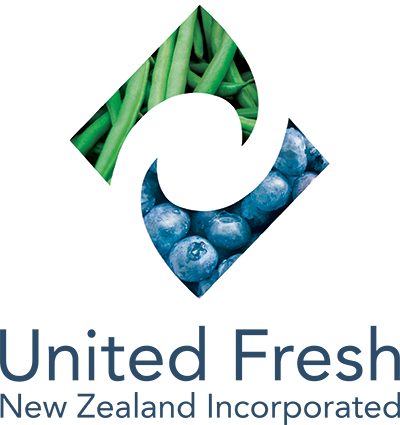Food Safety & Risk Analysis Update - February 2024
27th February 2024
Food Safety & Risk Analysis Update - February 2024
Introduction
Welcome to our first United Fresh Food Safety Update for 2024. We aim to provide you with a snapshot of information on topical and relevant food safety issues and, where, applicable, the links to allow you to take your knowledge further.
We welcome your feedback on this service as well as any questions and comments on the topics included.
This edition discusses MPI’s review of imported foods, particularly in light of the recent observation from the Auditor General to improve food import supervision, after the Performance Audit his office conducted in the last quarter of 2023. For more information, see here.
20 February, the Auditor General, John Ryan, speaks
In a media release issued by the Office of the Auditor General, John Ryan had this to say:
“In my view, MPI does not have a clear understanding of the effectiveness of the food import system. This is because MPI has not been consistently monitoring whether importers are assessing the safety and suitability of specified high-risk foods before they arrive in the country. MPI also does not collect all the information it needs to assess the effectiveness of the requirements for importing food.”
Ryan said MPI was aware of the issues and there had been progress in some areas.
“But more improvements are needed so MPI can respond to a food import market that is subject to changing food trends and risks. The risks from some imported foods are being managed reactively. This means that, in some cases, action is only taken after people have fallen ill.”
Find the full statement here
MPI has been working on some areas
Late last year, United Fresh submitted a paper in support of NZ Food Safety/ MPI’s proposed changes to ‘Food Notice: Requirements for Registered Importers and Imported Food for Sale’ to improve its efficacy with regards to imported frozen berries.
Berries are a known high risk foodborne illness vector, and we fully support the proposed risk management approach requiring sourcing product from certified manufacturers within this section. From United Fresh’s perspective, the new risk management approach will be more effective in identifying and controlling food safety hazards in berries, including pathogens such as norovirus and Hepatitis A virus; and that manufacturers can provide certified assurances that their systems, procedures and implementation meets New Zealand requirements specified in the draft Notice.
This is, in United Fresh’s view, a critical step in supporting a reduction of food borne illnesses attributable to identified high risk food items, i.e. ready-to-eat frozen berries. Improving the regulations already in place for imported food, to prevent food borne illness is of obvious benefit to New Zealanders, and the proposed changes are a viable further step on the journey to develop and maintaining a robust food safety system for all fresh produce, both grown domestically and imported.
High Risk Domestic Crop Concerns
United Fresh is also of the view that certain high risk crops grown domestically in New Zealand, including bean sprouts, berries, rock melons and leafy greens require further food safety oversight than that which is currently applied within the NP1 category of the Food Act 2014.
With increased oversight sought for imported high risk produce, United Fresh welcomes debate on how the entire high foodborne illness risk crops category, covering both imported and domestically grown produce, can be more effectively monitored.
If the level of effective monitoring is of concern enough for imported high risk produce, should we not expand a strengthened approach for domestic high risk products and for the products we export?

